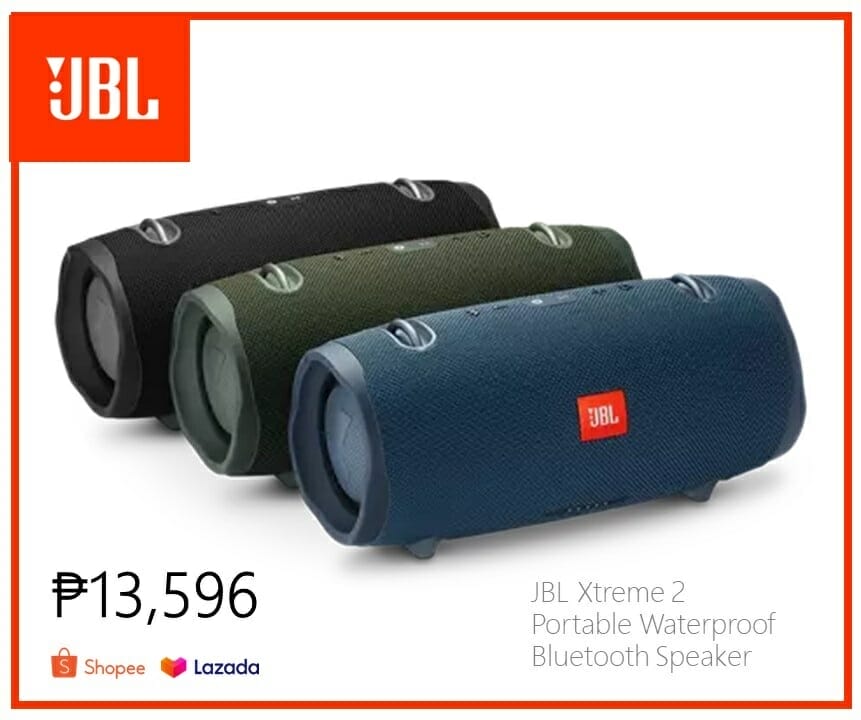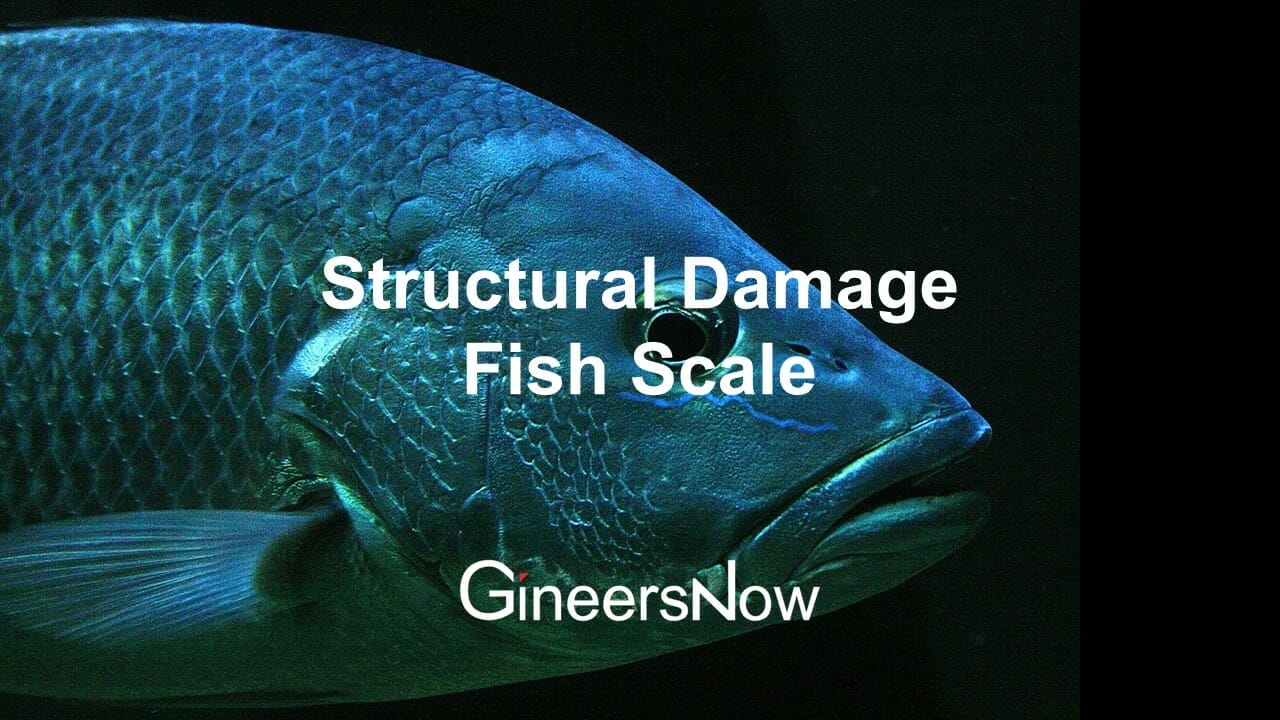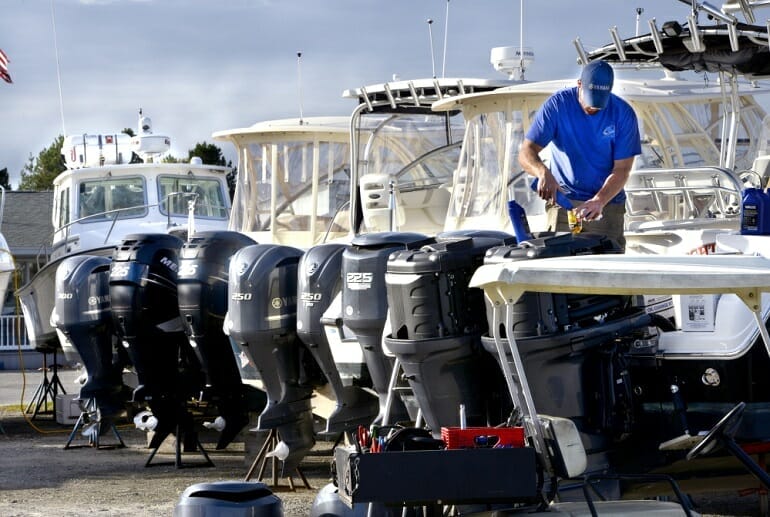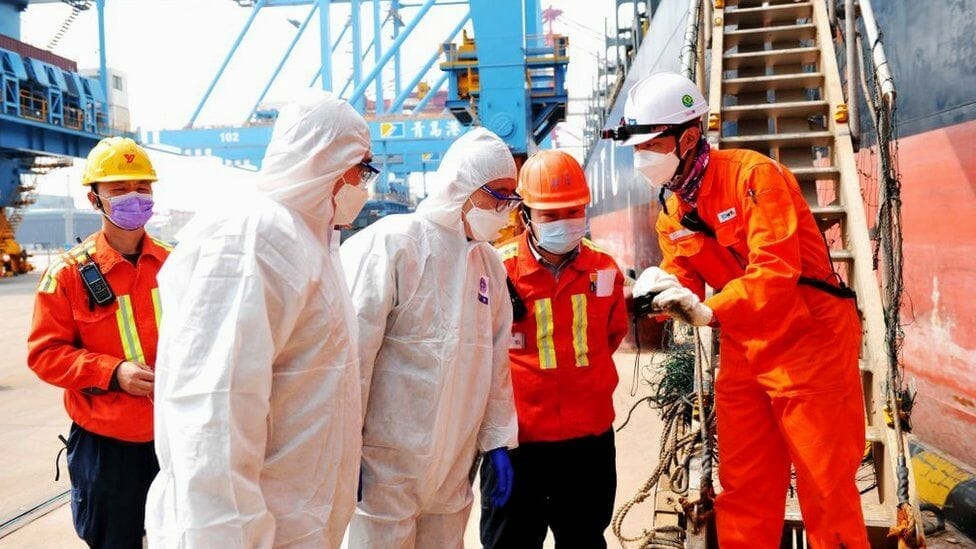What Is Industrial Marine Coating? This article will discuss the benefits and advantages.
If you happened to enjoy holidays on a cruise ship, you might have noted the vivid and glossy hull of the boat. That results from having ships finished and coated with marine industrial coatings. But mind you, marine coatings not only enhance the visual aesthetics of a boat. It also protects the vessel from factors that risk the ship’s safety and efficiency.
Conditions like harsh waters, extreme temperatures, and corrosive salt take their toll on any boat—inside and out. Indeed, keeping ships efficient is no small job. That’s why when choosing a reliable industrial and marine coating manufacturer, you have to look into solutions that address your boat’s overall needs.
But what are industrial and maritime coatings, and what are their benefits? Below are some elucidations to support you with those questions.
What Is Industrial Marine Coating?
You might wonder what industrial marine coatings are. Marine coatings are paint coverings applied to ships and vessels of all types, including tankers, cruise ships, tugs, and yachts. They protect the hull, deck, and other parts of the vessel from harsh sea conditions.

Benefits Of Industrial Marine Coating
- Anti Fouling Properties
Most industrial and marine coatings have antifouling properties. Such coatings are formulated with water-soluble bioactive additives and organic compounds. Their function is to prevent barnacles, algae, and other marine organisms from binding to the hull. That is what industrial and marine coatings are all about.
Most antifouling coating products use silicone hydrogel and biocide technology. Biocidal surface preservation enables the hydrogel to retain fouling species in the sea, reducing the pressure that drags the ship.
- Prevents Corrosion
Seawater is one of the most corrosive elements that impair a ship’s proper functioning. Traditional salt, or sodium chloride (NaCl), triggers electrical conductivity and water penetration.
Corrosion protection is a top concern, particularly for the vessel’s durability and safety. Coating the ship with marine coatings satisfies these vital demands.
Aside from corrosion prevention, marine coatings offer surface protection from abrasion, degradation, and impact. That is what industrial marine coatings are.
- Reduces Risks to Marine Assets
When navigating the big oceans, preparing for the worst is always wise since oceans may sometimes be turbulent. The effect can influence ships, regardless of their size. Ships in open water have to withstand hydrodynamic pressure that relies on the hull’s sturdy build. Worse than rough seas, plying in ice is a different ball game.
Hulls must break or push the ice aside to resolve hull-ice friction and move across. In doing so, the hull experiences extreme pressure and damage along the waterline. The damages that the ship may incur depend on the ice’s thickness, the hull’s form, and the boat’s speed.
Operators choose coatings that can maintain hull smoothness to reduce, if not eradicate, risks to the ship.
- Reduces Maintenance Costs
Although the construction of new ships has declined in recent years, the marine coatings industry gained. This is due to the rise in the repair and maintenance of boats. On top of that, ship owners spend thousands of dollars on hiring staff to allow products and services to be carried out.
Marine coatings reduce maintenance costs and boost vessel efficiency. This is possible as marine coatings offer long-lasting and efficient solutions. From antifouling to corrosion and drag-reduction, ship owners can save a lot by using marine coatings. That is what is meant by industrial marine coating.
- Contribute To Economic Growth
In 2018, marine coating manufacturing and services had a value of about $460 million.
Given the numbers, it implies that not only do marine coatings play an essential function in shipping, but they also remain necessary for the ongoing development of the economy.
- Protect People’s Lives
Accidents while traveling by sea may sometimes be inevitable. Naval vessels are carrying people — passengers and crew members. Hence, safety should be a prime consideration.
Following proper applications, coatings can mitigate accidents usually encountered by ships. By maintaining ships and machinery in good condition, coatings help keep ships and equipment healthy.
Shipowners ensure their boats are seaworthy by coating the boat hulls and other equipment with marine coatings. That is what industrial marine coating is.
- Environment Friendly
Although the marine industry seems stable, an increase in environmental measures has affected this sector.
Marine coatings increase operating and environmental efficiencies by lowering fuel consumption and pollution.
Nowadays, shipowners are moving towards biocide-free vessels by using eco-friendly marine coatings. Such a shift towards sustainability allows the use of antifouling coatings. The special coating has lower VOCs and less toxic biocides, thus providing superior performance at the same time. That is what industrial, marine coatings are.
Wrapping Up: What is the industrial marine coating?
The maritime industry must look at paint and coating supplies as long-term cost-saving solutions. Allowing the impact of a special coating on fuel consumption, efficiency, and safety of a particular vessel is always possible.
Thus, if you’re in the market for an industrial marine coating for your boat, consider the benefits mentioned above. Decide with a level head and keep in mind not to compromise safety and efficiency over value.












